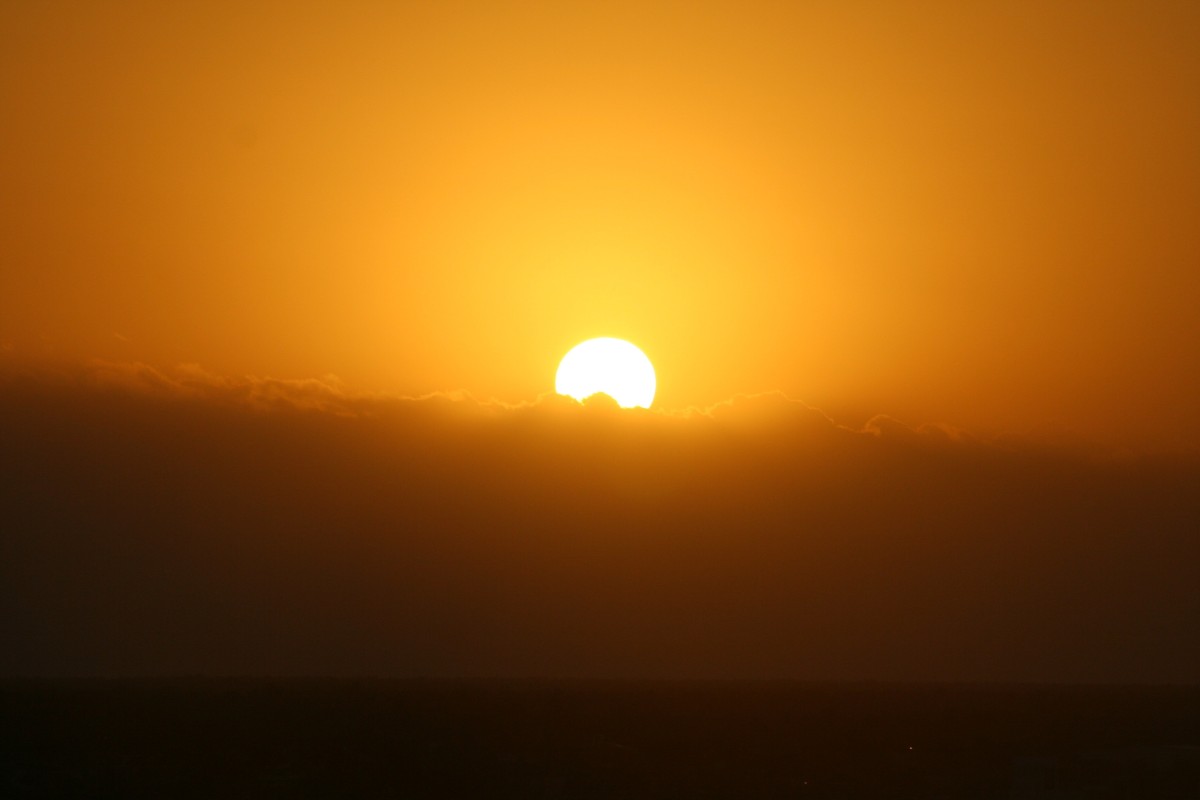Precautions in hot weather

Rules for traveling in hot weather
Neglecting basic safety rules when being in the sun can cause serious health consequences. If you want to avoid well-known risks, remember the recommendations of lifeguards on how to behave in the summer heat.
- try to minimize your presence in direct sunlight;
- the time when the sun is most intense is the period from 12:00 to 16:00; during these four hours you should keep protecting all parts of your body with clothing made from natural fabrics;
- the best options to protect your head from the sun are hats, panamas, scarves;
- do not wear synthetic clothing and minimize the use of cosmetics: both can cause body overheating respectively by preventing your skin from breathing and closing your pores;
- take water treatments as often as possible: it is the best way to cleanse your pores and refresh your body;
- try to drink at least 2 liters of liquids a day; the best option to quench the thirst is warm water, as consuming cold one can cause hypothermia of your respiratory tract, followed by a sore throat or even pneumonia;
- avoid active sports; if you are in the habit of jogging, remember that the best time to do it in hot weather are the morning and evening hours;
- in order to avoid gaining excess weight due to reducing physical activity, refuse fatty foods and generally try to eat less;
- try to give up alcohol: in hot weather, its effect on your body increases several times;
- if you smoke, try to do it as little as possible: at high temperatures, the nicotine-related risk of thrombus formation almost doubles;
- keep calm: in hot weather, any overexcitation increases the risk of heatstroke and sunstroke.
The first symptoms of body overheating
A victim of body overheating usually feels tired and sleepy. A person having a heatstroke may also suffer from tinnitus or ringing in the ears, dizziness, cardiopalmus, nausea, and headache. Both heatstroke and sunstroke can cause a rise in body temperature to 41 degrees.
How to help a person having a heatstroke
The first thing to do is move the victim to a shade or cooler place. As soon as this is done, elevate the person's head to improve blood flow. The next step is to undress the victim and wrap them in a damp sheet. After that, you can also pour over the person and put a cool compress on their head. When the victim wakes up, let them drink a large amount of mineral water or strong sweet tea. Finally, no matter how mild the case seems to be, you should seek medical help by calling the telephone number 112 or 03. As a last resort, an ambulance worker can give advice remotely.